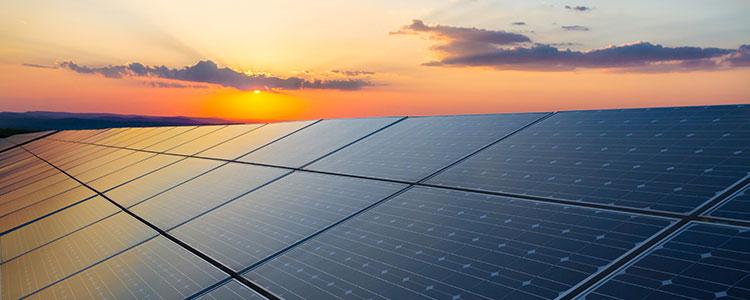Redemption of personal property in bankruptcy is a powerful tool. It allows debtors to keep secured property, such as a car, furniture, solar panels, and soft water systems. This is accomplished by paying the creditor the actual value of the property shortly after filing Chapter 7.
Secured Debts and Property
When you make a significant purchase, the lender (or store) typically retains a lien on the purchased property as collateral. This is known as a secured debt. Your Chapter 7 will discharge your personal liability. So, if you do not pay the debt, the creditor can no longer sue you. However, because the lien survives the bankruptcy, the creditor may still repossess and sell the property if you don’t stay current with payments.
Options for Secured Property in Chapter 7
When preparing the official bankruptcy forms in Chapter 7, you must file a “Statement of Intention” with the bankruptcy court. This form states your intentions regarding the secured property. This would include secured debts such as your home mortgage, vehicle, and other large items. Your options include:
- Keep It. If you are current and continue to make the monthly payments, you can keep the property by executing a reaffirmation agreement. Essentially this makes the Chapter 7 bankruptcy discharge “null and void” with respect to the reaffirmed debt.
- Surrender It. You can surrender the property back to the lender without worrying about paying any portion of the debt. Your bankruptcy discharge wipes out the debt.
- Redeem It. This is where redemption comes into play. You pay the creditor the actual value of the property in one lump sum. This amount may be significantly less than the balance of the loan. This payment is due shortly after you file Chapter 7.
Redemption Process
Redemption becomes advantageous if the value of the property is significantly less than the total debt owed. If you choose to redeem, you pay the only value of the property in a single lump sum, not the balance due on the debt.
- If you and the creditor disagree on the property’s value, the court will hold a “valuation” hearing to decide.
- Once the court approves the redemption, paying the lump sum amount means you own the property free and clear.
- However, you have to pay the lump sum amount within 2 – 3 months of filing your Chapter 7 bankruptcy case. You can’t make monthly payments.
- The value of some items are easy to determine. For example, you can go to Kelley Blue Book to determine the fair market value of your vehicle. But how do you determine the value of your solar panels? Or the hot water heater?
Restrictions on Redemption
You can redeem secured property in Chapter 7 bankruptcy only if all of the following conditions are met:
- The debt is a secured consumer debt related to goods used for personal or household purposes. Common examples include vehicles, solar panels, furniture, or a soft water system.
- You cannot use redemption to redeem property securing business debts (e.g., a car used for business purposes).
- You must file a motion to redeem shortly after you file bankruptcy. The motion must include some valuation of the personal property.
- If the creditor objects to your motion to redeem, the court will hold a trial. The objection usually involves the creditor disagreeing to the value you state in the motion. Remember, the creditor wants the value to be as high as possible so as to get the most money. The debtor wants it to be as low as possible.
Remember that redemption is a good option if you owe substantially more on the loan than the property is worth. It allows you to keep valuable assets while reducing the debt burden.
Example of Redeeming Solar Panels
Say you will be making monthly payments for the next 10 years for solar panels you put on your house. Let’s assume the total remaining balance when you file Chapter 7 is $20,000. This debt will be discharged in your bankruptcy. However, the lien will survive. So even though you will receive a discharge, If you want to retain the solar panels and avoid repossession, you must stay current with payments. This will require you to enter into a reaffirmation agreement. Otherwise, the lender theoretically could come and repossess the solar panels or shut them down.
However, if the solar panels are worth $4,000 when you file Chapter 7, you can file a motion to redeem. The court will then hold a hearing to determine whether to approve the motion to redeem. You must pay the entire $4,000 in one lump sum immediately after the court approves the motion. You will own the solar panels by paying $4,000 instead of the $20,000 balance over the next 10 years.
Unfortunately, redeeming personal property in Chapter 7 is not common. This is primarily because most debtors don’t have a large chunk of money to pay the creditor shortly after filing. It also requires a competent Arizona bankruptcy lawyer to prepare and file the motion to redeem. If you have a “friendly source” (such as a relative or friend) willing to lend you the money, redemption becomes doable. There are some lenders who will offer loans specifically for redemption in Chapter 7.


